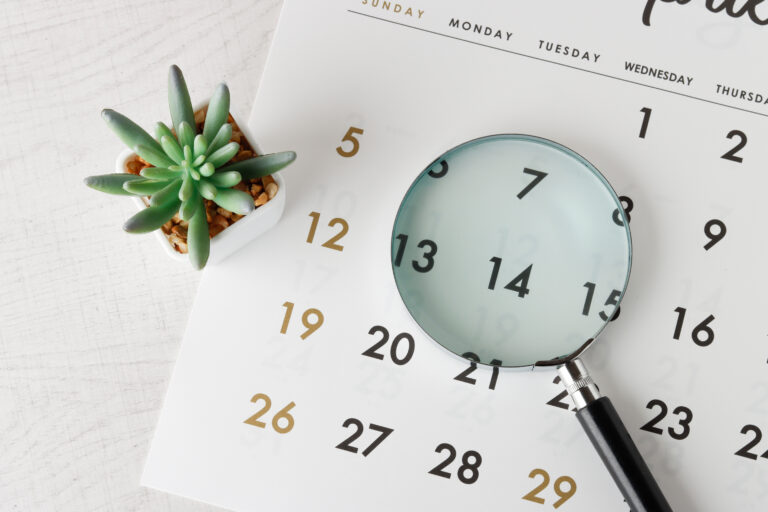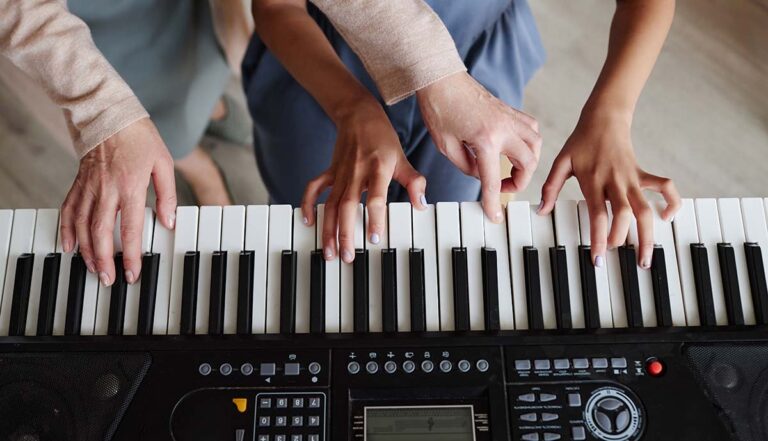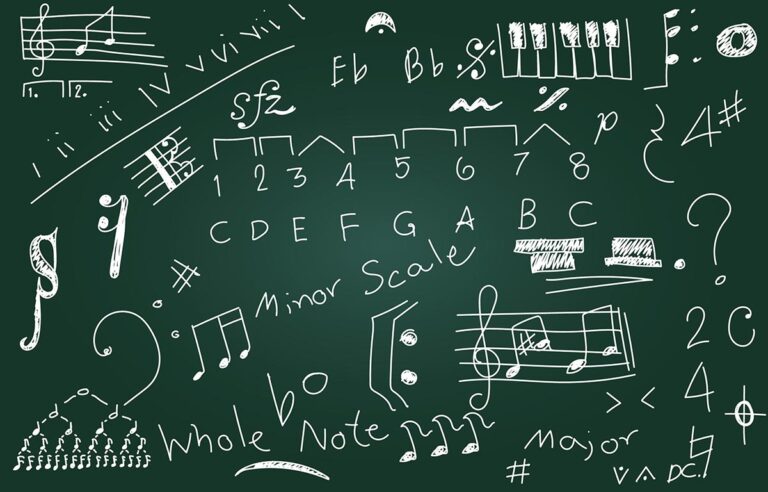How Learning An Instrument Helps The Brain
Learning an instrument can be challenging, but with this challenge comes numerous benefits for your mind. Music is a wonderful way to express yourself while exercising your body’s most important muscle: your brain!
Learning music has a range of benefits for brain function. Studies have shown that musicians experience increased neural connections and strengthened memory recall. Music has also been linked to increased IQ, improved problem-solving skills, and better language processing. Even simply engaging in musical activities, such as listening to music, has been shown to have a positive effect on cognitive function. Furthermore, musical training has been associated with improved performance on tests measuring attention, time management, and executive function. It is clear that music can be a powerful tool to unlock the full potential of the brain. With regular practice and the right approach, anyone can benefit from the cognitive and emotional benefits of learning music.
Cultivating Creativity
Learning an instrument and playing music provides a great creative outlet for many kids and adults. Doing creative things activates the right half of our brain, which is known for more emotional and imaginative processes in our thinking. Learning an instrument helps the right and left hemispheres communicate better, allowing us to be creatively stimulated more often. Music has long been used as a tool for cultivating creativity. In both educational and professional settings, it has proven to be an effective way for both teachers and employers to promote creativity in students and employees. For example, music can be used to create interesting and engaging lessons, as well as to motivate and inspire employees to come up with creative solutions to problems. Allowing students and employees to explore different genres of music can promote creativity and help them come up with unique ideas. Music can also be used to break up the monotony of everyday tasks, as well as to provide a refreshing break to help recharge imagination. Furthermore, music can be used to create a positive atmosphere, which can help encourage creative thinking and collaboration. In summary, music is an excellent tool for promoting creativity, both in the educational and professional settings.
Improving Memory
Learning an instrument can be an effective and enjoyable way to improve one’s memory. Research has shown that playing a musical instrument can increase the efficiency of memory recall as well as improve overall cognitive function. When learning an instrument, a musician needs to memorize notes on sheet music and their association with pitches and sounds. There is a lot of working memory involved in learning music, and this practice helps the learner develop memory pathways that carry over to other areas in life. Learning an instrument can also help to increase one’s focus, as the concentration required to master the skill of playing is a great workout for the brain. Furthermore, the regular practice of music can help to strengthen the neural pathways that are used for memory and help to create new ones. Additionally, playing an instrument can also be a great outlet to relieve stress, which can lead to improved mental clarity and better overall memory retention. Learning an instrument, especially in adolescents, can be a great way to improve one’s memory and cognitive ability.
Relieve Stress
Music is a powerful tool for reducing stress and tension. Listening to calming melodies can help to relax the mind and ease anxiety. It can be used to help bring a sense of peace, serenity, and balance back into our lives. Studies have shown that certain types of music can lower blood pressure, reduce heart rate, and relax tense muscles. Music can also help to stimulate positive emotions such as joy, contentment, and happiness. Incorporating music into a stress relief routine can be a great way to take a break from the hustle and bustle of daily life and give your mind a chance to reset. Whether it’s a soothing instrumental or upbeat pop, music can be a great tool for relieving stress and improving overall well-being. Playing music has these same benefits and more, helping ease anxiety and other mental health concerns. Musical practice can be calming as music is played repetitively to perfect a piece. When you are involved in learning an instrument, you are surrounded by music, which provides you with the benefits of listening to music and playing an instrument.
Increased creativity, improved memory, and reduced stress are all important aspects of a balanced life. All of these can be achieved with attention to brain health, which can be supported by learning a musical instrument. Being in musical lessons can allow a growing child the opportunity to develop good brain foundations that will help them in school and in life after school. Engaging in music can help adults increase their brain abilities to succeed at home or in a work environment. Learning an instrument is a fun way to exercise your brain and teach it valuable skills! Practicing your new instrument can help you refine these skills to benefit you throughout your whole life.
Once you have mastered an instrument, keep going and practicing! And learn new instruments to increase your musical repertoire. At Sandy Music Academy, we want to help you develop greater creativity and memory skills. We offer piano lessons, guitar lessons, drum lessons, string lessons, woodwind lessons, and voice lessons. Apply for one of our classes today!





